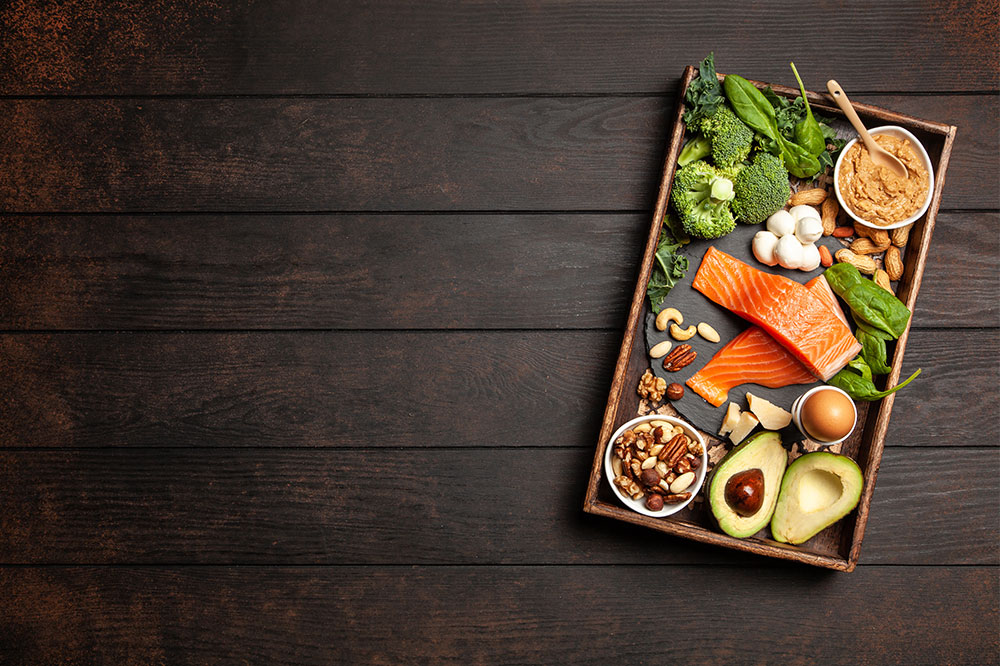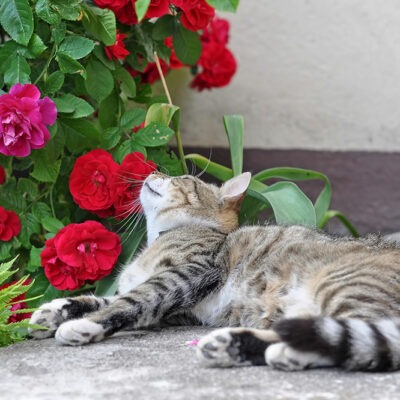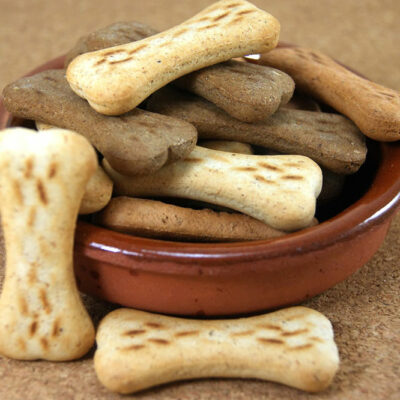
Important Dos and Don’ts of Keto
Keto, short for ketogenic diet, constitutes a low-carbohydrate diet that aims to get the maximum calories from fats and proteins. Although it’s basically implemented to lose weight, it is also suggested for certain medical conditions like epilepsy, brain diseases, heart diseases, and diabetes. That said, it’s best to consult a doctor before starting a particular diet. If you’re planning to take it up, you must know about a few dos and don’ts of keto dieting.
- Dos of keto dieting
- Stay hydrated
Staying hydrated is an important aspect of being on a keto diet, as it helps flush out the toxins. So, drink more than the usual 8 to 10 glasses of water while following a ketogenic diet. - Vegetables
Vegetables like broccoli, cucumbers, kale, spinach are great additions to a keto diet meal plan as they have low carbohydrate content but are rich in nutrients. - Oils
You can use canola oil, olive oil, and palm oil to prepare your meals when on a keto diet. Coconut oil and extra virgin olive oil are other options for keto-friendly meal preparation, as they provide the fats required when on this diet. - Animal protein
Animal protein like bacon, eggs, meat, and fish are allowed on a keto diet, but you must always be mindful of the portions. - Nut intake
You should increase your nut intake while following a keto diet, as they are good sources of healthy fats. - Maintain a diary
You can maintain a diary and note your daily calorie intake to keep a record of the things you are following while on a diet. It can also help you understand what works best for you.
- Don’ts of keto dieting
- Excess protein intake
Don’t consume excess protein if you’re on a keto diet. While protein is beneficial as well as necessary, the intake should just be adequate, neither excess nor less. - Low fluid intake
The intake of fluid, especially water, needs to be sufficient in a keto diet. This is because it helps burn off fat as well as toxins. - Insufficient sleep
Getting insufficient sleep while on a keto diet can do more harm than good, as it raises stress levels and fat storage by the body. - Insufficient intake of fat
Your fat intake needs to be adequate, so follow up the diet chart for fat intake as per the daily limits. You can opt for chia seeds, nuts, and avocados for sufficient daily fat intake. - Excess dairy consumption
Dairy is a good source of proteins, but it also contains carbohydrates, so you should ensure moderate consumption or maintain the advised levels of dairy intake. - Excessive snacking
Excessive snacking during a keto diet will obstruct the process of fat burning, which works against the primary reason for being on a keto diet. - Not maintaining a count
Not maintaining a count of your daily calorie intake is a strict don’t of keto dieting, as it is essential to meet the required calorie intake to ensure that your body gets the necessary energy to function efficiently.


